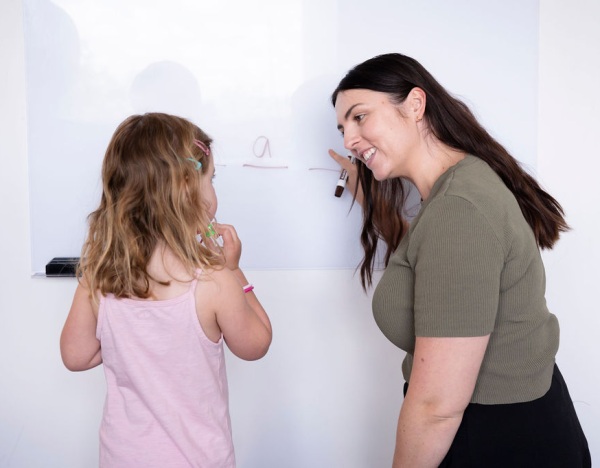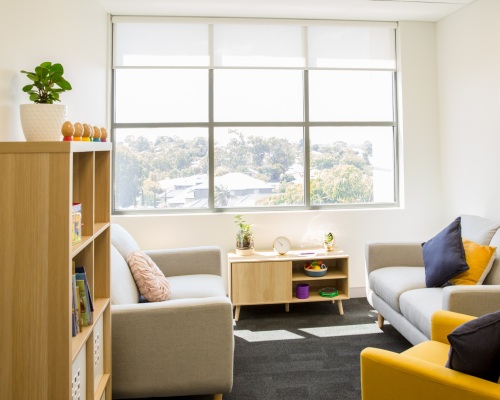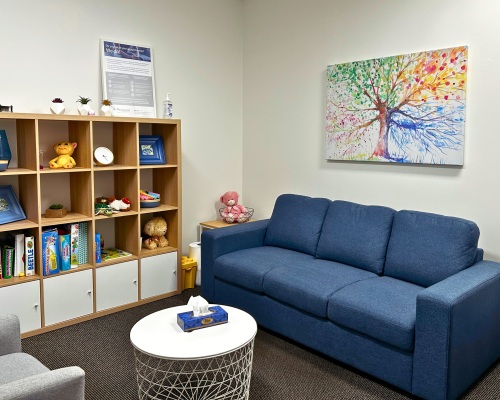Speech Pathology Treatment Approaches
Speech Pathology assists in the identification and treatment of communication and mealtime disorders. This includes difficulties with speaking, listening, understanding language, reading, writing, social interactions, swallowing food and/or drink, and participating in mealtimes.
With children it is important to identify the concern early, engage with a professional that listens and partners you in your child and family journey, and offers you interventions that are best for your child’s challenges.
Therapy is about a partnership between child, family, and therapist, and will involve in session work as well as home strategies and practise to improve your child’s skills.
Play based interventions assist the child to relax and be receptive to the direction of the Speech Pathologist and caregiver to adjust their behaviours and thinking in order to improve their skills within the challenging area.
Our Speech Pathologists are trained in many different approaches including Hanen, PROMPT and others. Your Speech Pathologist will assist in the selection and development of an intervention approach and style that will work best for your child’s goals or areas of development.




